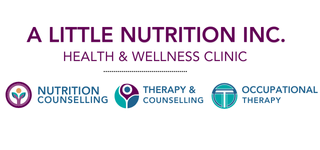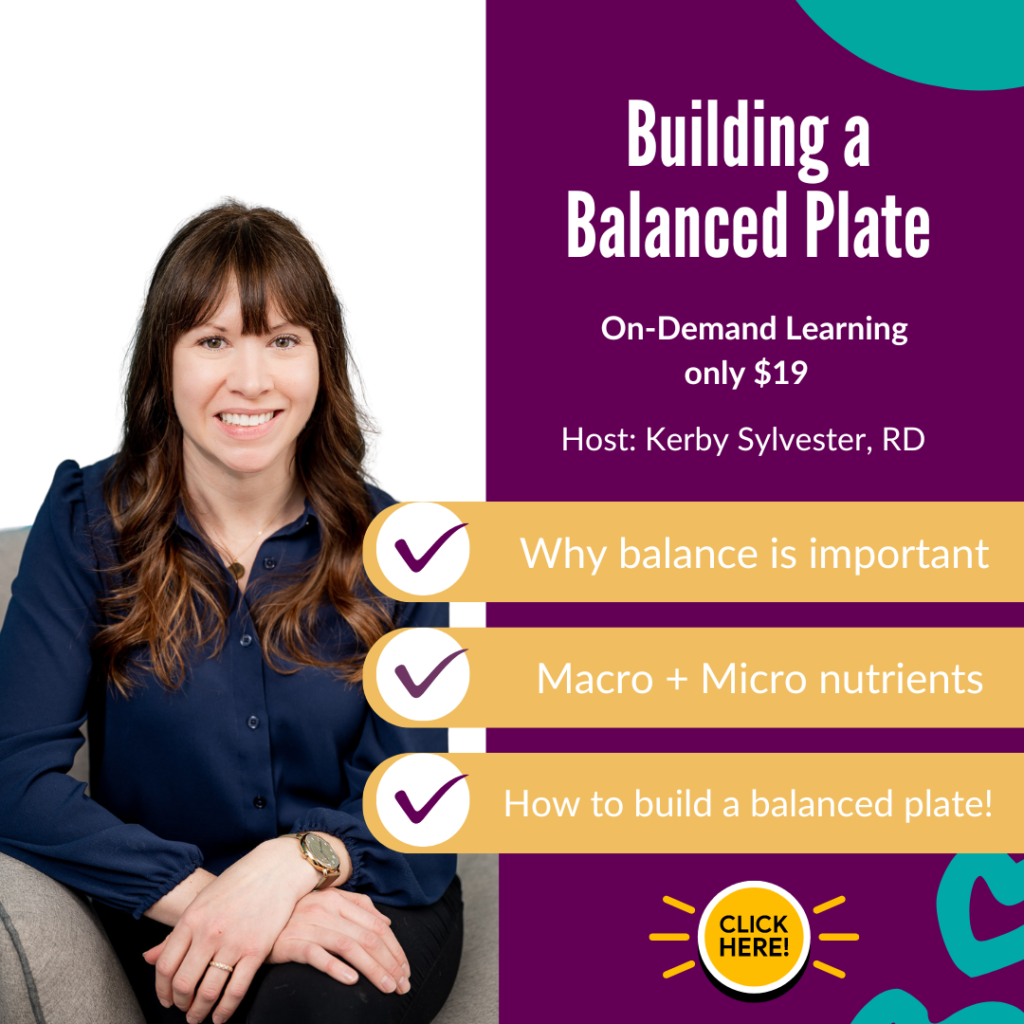What You Need To Know About Iron Deficiency
What is Iron Deficiency?
Iron is a mineral found in food that plays a very important role in our body. It helps to produce red blood cells and carry oxygen to different places in the body. The amount of iron that your body needs depends on various factors such as your age, gender, and lifestyle needs (such as athletes or pregnant women). When your body does not get enough iron, you may develop iron deficiency. If iron deficiency is left untreated, it can progress to iron deficiency anemia.
Types of Iron
There are two types of iron found in foods you eat that your body uses:
- Heme-iron: this type of iron is found in animal products such as fish, meat and poultry. Your body is able to absorb heme iron more easily than non-heme iron.
- Non-heme iron: this type of iron is found mostly in plant-based products such as whole grains, legumes, dried fruits and some vegetables. However, it is also found in some animal products such as eggs. Non-heme iron is more difficult for your body to absorb.
What Does Iron Deficiency Look Like In The Body?
The signs and symptoms of iron deficiency can vary from person to person. Some people may not experience any symptoms at all if they have mild iron-deficiency. However, some of the most common signs or symptoms of iron deficiency are:
- Fatigue or feeling tired a lot of the time
- Feeling short of breath
- Chest pains
- Feeling dizzy or weak
- Headaches or difficulties concentrating/focusing
- Restless leg symptom
- Feeling to need to eat non-food items
- Pale skin
- Cold hands or feet
What are the Causes and Risk Factors Associated with Iron Deficiency?
There are many things that can affect iron stores in our body and cause iron deficiency. The cause of iron deficiency can be different from person to person. The most common causes of iron deficiency include:
- Not getting enough iron from the foods you are eating – vegetarians and vegans may be at risk as well as ‘picky or selective eaters’.
- Poor absorption of iron due to gastrointestinal illness or disease such as celiac disease, diarrhea, or gastritis.
- Taking certain medications that can interfere with your body’s ability to absorb iron
- Increased need for iron due to the current life stage (infancy, adolescence, pregnancy and breastfeeding).
- Increased blood loss due to life stage (menstruation), illness or injury.
- Athletes that are training in hot conditions, have restrictive diets or are completing endurance training.
- People who donate blood on a regular basis.
Testing for Iron Deficiency
If you or your doctor suspect you may have iron deficiency, you will most likely have blood tests completed to check your iron levels. These tests can help determine if you have iron deficiency and can help your doctor or healthcare provider determine the best course of treatment for your condition.
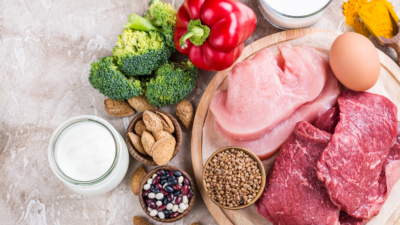
Managing your Diagnosis
Your doctor may recommend oral iron supplements to help improve your iron levels. In some cases, IV iron treatment may be recommended to help replenish iron stores in the body. For more severe cases, your doctor may recommend further treatment to help with lying causes of iron deficiency (for example, if it is related to an illness or injury). Dietary changes can also help improve iron levels and prevent them from dropping again in the future.
How to Treat Iron Deficiency with Food Intake
Many foods, both plant and animal, can be a good source of iron for your body. Adding some foods which contain iron to your meals and snacks on a regular basis may help improve your iron levels and prevent them from dropping. Try adding some of the following foods into your pattern of eating:
- Meat, seafood and poultry
- Beans and lentils
- Whole grains such as cream of wheat, oatmeal, pasta and cereals
- Tofu
- Spinach and asparagus
Non-heme iron: When choosing plant-based foods as your source of iron, add a food containing vitamin C to your meal. Vitamin C can help improve the absorption of non-heme iron. Some examples of foods containing vitamin C are:
- Fruits such as grapefruits, oranges, strawberries, mangos, kiwi and pineapple
- Vegetables such as broccoli, cauliflower, bell peppers, tomatoes and kale
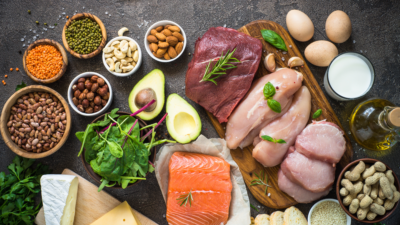
When Should You Consider Meeting With A Registered Dietitian?
Dietary changes may help decrease your risk of iron deficiency anemia and help to improve your iron levels. If you are interested in making dietary changes to see if they can help with the management of your iron levels, it may be time for you to speak with a Registered Dietitian. Registered Dietitians can help you navigate the world of nutrition and provide you with individualized support and recommendations. They will work with you to help find the nutritional plan or pattern of eating that works best for you and your lifestyle.
What Our Dietitians Can Do For You
During your initial appointment, you will receive an 80-90 minute session with a knowledgeable and compassionate Registered Dietitian that will help you feel supported and educated. Your Dietitian will:
- Clear up the confusion surrounding what, when and how much to eat to help you with your low iron levels.
- Assist you with meal planning to help you optimally manage your symptoms
- Advocate and/or communicate with your primary healthcare Team, doctor or specialist
- Explain the basics of iron and iron deficiency, myth bust and provide you nutrition recommendations.
- Help you manage emotions related to making the changes required to improve your health and quality of life.
- Empower you to manage your health by understanding how to grocery shop, read nutrition labels, and prepare meals that you enjoy
- Provide you with cooking tips, meal prep guidance, recipe modifications, and snack ideas

Benefits of Working with a Dietitian at A Little Nutrition
We want you to feel better about how you nourish your body, and help you learn how to incorporate foods that can improve your symptoms of iron deficiency and overall well-being. A Little Nutrition is a safe place to receive non-judgemental health advice and guidance.
Our Registered Dietitians provide a weight inclusive approach to health care and will support you on your nutritional journey. When you work with one of our team members, you can consider them your personal food encyclopedia and get expert advice on your nutrition questions. Your dietitian will get to know you and how you eat, your food preferences, intolerances, and provide you with a personalized plan of action to help improve your symptoms.
Your dietitian also understands that eating and food may be an emotional experience for you, and will help you assess your relationship with food. If you have a poor relationship with food, your dietitian can help guide you through the process of making peace with food and resolving emotional eating.
No matter where you are at in your health journey, your dietitian will be able to help you with the motivation, support and accountability to help reach your goals.
Nutritional Services Overview
How many visits are recommended to see changes in my health?
Short answer: Most of our clients report seeing markable changes in their eating and health after 3 to 5 appointments spaced out over 3 to 6 months. However, some clients require appointments every 2 weeks until they can get the hang of their new pattern of eating. Some clients only need 1 or 2 appointments. Your dietitian will give you a recommended treatment plan at your initial appointment.
Long answer: It really depends on the number of health and lifestyle concerns that need to be addressed. Additional skills and education around meal planning, meal preparation and grocery shopping may require extra time in order to implement and develop strong habits. In addition, there may be emotional underpinnings that are discovered during your meeting with the Registered Dietitian such as dieting trauma, emotional and stress eating, and poor body image and these may need to be worked through as well. We also have counsellors and therapists who can help you work through the everyday challenges of stress management, anxiety, depression, grief and relationship struggles. Psychotherapy is a tool that creates success when it is combined with health behaviour changes.
Are my appointments covered by Manitoba Health or Extended Medical Health Insurance?
Manitoba health does not cover private Registered Dietitian services. However, if you have extended medical insurance through your employer, you may have coverage for Registered Dietitian and Therapist services. If you are uncertain about your coverage, you can call our office 1-204-515-7466 and we can look into it for you. In addition, if your plan allows for direct billing, we would be happy to directly bill your appointment and keep the out-of-pocket expense as low as possible.
How much do appointments cost?
Initial appointments are 80-90 minutes in length and cost $190
Follow-up appointments are 50-60 minutes in length and cost $135
How do I book an appointment with a Registered Dietitian?
To book an appointment with one of our Registered Dietitians or therapists you can:
Phone: 204-515-7466
Email: admin@alittlenutrition.com
Book online: https://alittlenutrition.janeapp.com/
Pin me For LAter
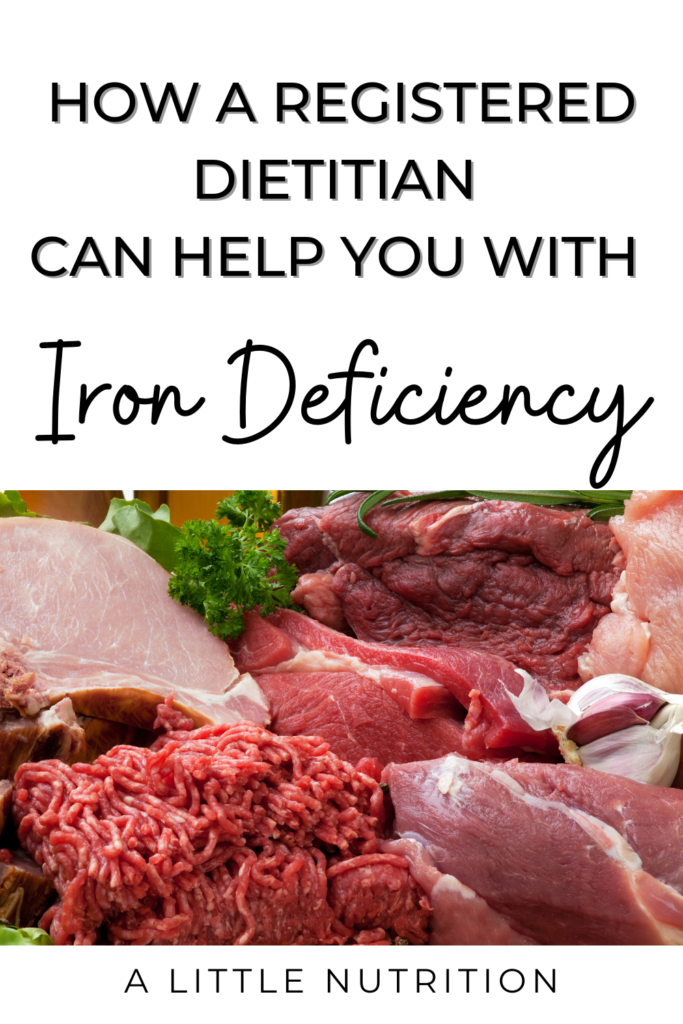
References:
Government of Canada (2021). Iron. Accessed from: Iron – Canada.ca
National Heart, Lung and Blood Institute (2021). Iron-Deficiency Anemia. Accessed from: https://www.nhlbi.nih.gov/health-topics/iron-deficiency-anemia
